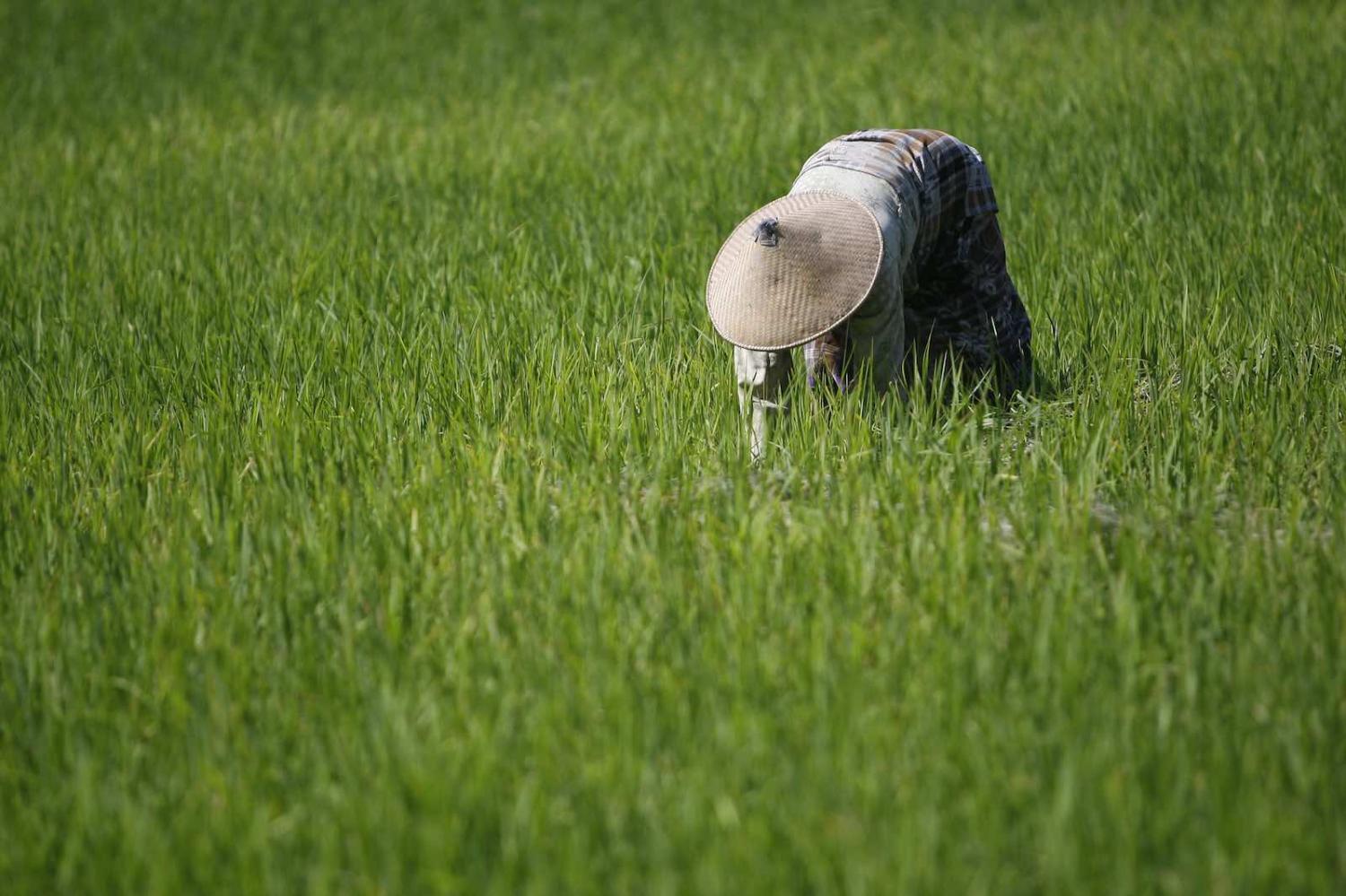- Among all the things the Oecussi enclave in Timor-Leste needed for its development, a luxury hotel, a state-of-the-art airport, and posh villas weren’t high on the list. Michael Rose looks at the implementation of the original concept behind the “development” of the region.
- In 1995, more than 40,000 women’s rights activists and leaders convened in Beijing to set a goal to achieve the “full participation on the basis of equality in all spheres of society”. 25 years later, there is still a lot to be done to reach this goal.
- Evo Morales led Bolivia out of poverty by taxing hydrocarbons to fund a generous social safety net, but the current low price of gas will soon affect his efforts.
- If it wants to counter China’s increasing investments in Africa, Europe needs to make its funding more flexible, focus on quality rather than quantity, and retain its values-based agenda of democracy, social security, and human rights – so argue Hannah Timmis and Mikaela Gavas.
- Australia’s aid budget is coming up for review, and the government wants to “refresh” the objectives behind the nation’s foreign aid spending.
- The recent winners of the Nobel Memorial Prize in Economic Sciences based their studies on randomized controlled trials (RCTs) to fight poverty in developing countries. Peter Singer, Arthur Baker, and Johannes Haushofer examine the ethical questions raised by this use of RCTs.
- Dr Jean-Jacques Muyembe, the Congolese doctor who first identified the Ebola virus, has never received proper recognition for his important work.
- Jamaica has announced it will stop borrowing from China as it tries to balance its relationship with Washington and Beijing.
- According to Simon Scott, the current definition of official development assistance, or ODA, no longer fulfils its function as an objective measure of donor aid effort anymore.
- Loenid Bershidsky argues that BRICS – a political-economy concept and an acronym standing for Brazil, Russia, India, China, and South Africa – is now more a geopolitical idea than an economic one.
- Autocracy may have transformed Singapore from a developing to a thriving economy, but Sam Hill shows that autocracy is no solution for developing countries.
- DevelopmentAid looks at the roles and responsibilities of the new the China International Development Cooperation Agency (CIDCA), which was established in 2018.
- And finally, here is a fascinating article that uses the yard sale as a model to explain the unequal distribution of wealth in free-market economies, and that defends government action to redistribute wealth.
Aid links: Timor-Leste luxury, RCT ethics, unsung Ebola doctor, more
Links and stories from the aid and development sector.

A woman harvests rice in Oecussi, Timor-Leste (Photo: United Nations Photo/Flickr)
Published 20 Nov 2019
Follow @AlexandreDayant
You may also be interested in
A Chinese naval asset surveils Talisman Saber, results from Timor-Leste's parliamentary elections, Boris Johnson's Lowy Lecture and more.
Australia’s civil aviation sector needs to be an effective tool for connection and diplomacy in signalling political interests.